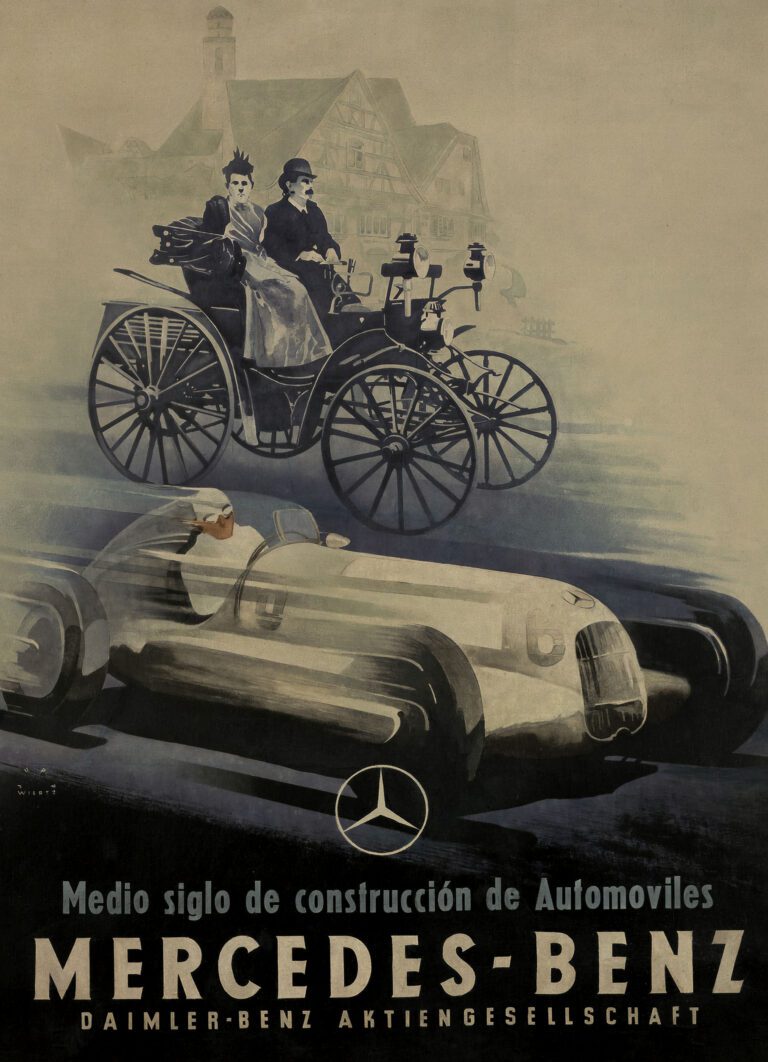Transportation
Transportation has been a fundamental driver of human progress, shaping economies, societies, and cultures throughout history.
From ancient trade routes like the Silk Road and Roman roads to the rise of modern highways, railways, airports, and shipping lanes, transportation infrastructure has connected people and goods across vast distances.
The advent of railroads in the 19th century revolutionized commerce and settlement, while the expansion of road networks enabled mass automobile travel and economic growth. Aviation shrank the world by making long-distance travel faster and more accessible, and maritime trade remains vital for global commerce, with shipping routes handling the majority of international trade.
Efficient transportation infrastructure is crucial for economic development, enabling the movement of goods, services, and labor, while also shaping urban planning, globalization, and technological advancements in logistics and mobility.
Today, sustainable and smart transportation solutions are increasingly important as societies work to balance efficiency with environmental impact.



